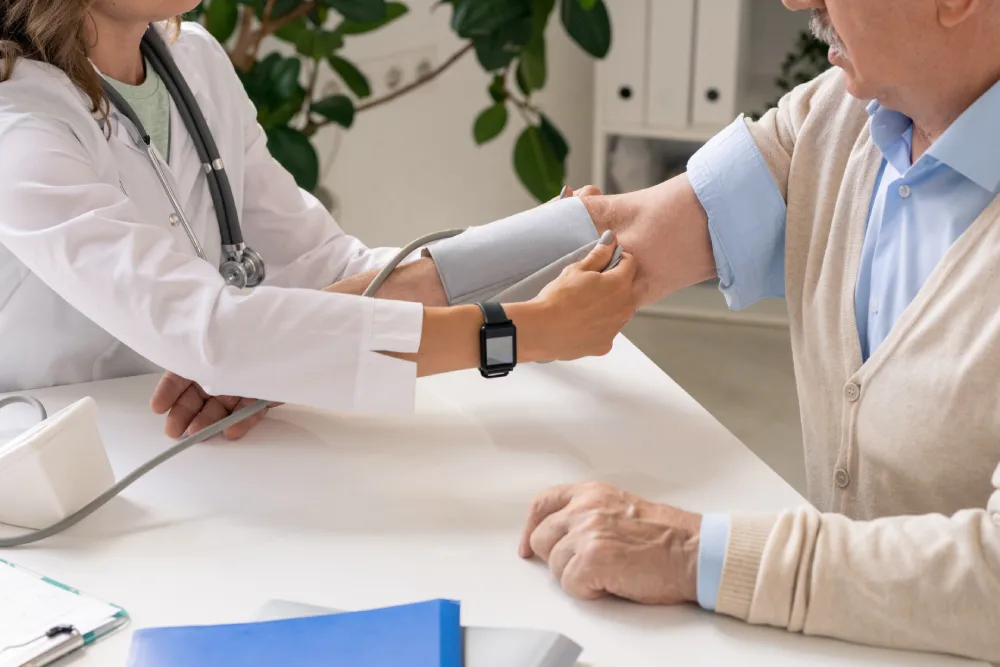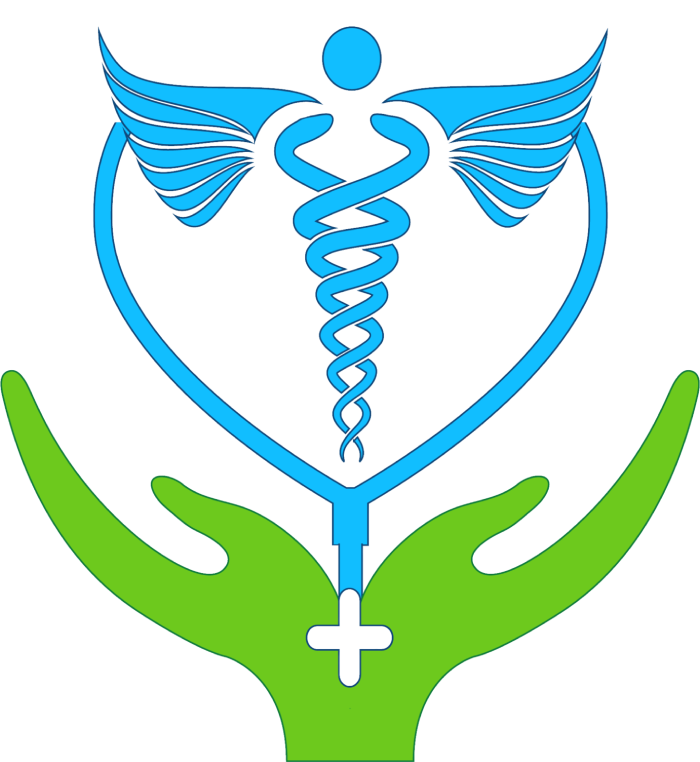
Check Up in Turkey
A number of health problems and diseases progress insidiously without any symptoms. The symptoms caused by some disorders are thought to be caused by the stress of daily life or just fatigue. Although the person might have no complaints, an early scan definitely allows possible diseases to be diagnosed at an early stage and to be treated appropriately when and if necessary. Diseases such as metabolic disorders, liver diseases, kidney dysfunctions, and cardiovascular diseases can progress silently over time and become major health problems. Check-up, which is one of the benefits of modern physic, enables the person to take the necessary precautions before a health problem arises. Check up helps detect the existing disease in the earliest possible period of time.
What is a Check Up?
The chain of procedures, in which laboratory tests and radiological imaging are performed as well as examinations performed by specialist physicians, is determined considering the age, gender, genetic heritage, and risk factors of the person. While evaluations are made within the scope of preventive medicine for young people, comprehensive screenings are carried out for the early detection of diseases in older people. In addition, depending on the current health status of the person, parameters such as obesity, diabetes, lipid metabolism, and cardiovascular diseases can be evaluated and possible diseases can be prevented before they occur.
Who Should Get a Check-Up?
Basic health check-up can be done on people of all ages, whether they have any complaints or not. Thus, the persons can protect their health as well as take precautions in the early stages or the existing disease of the person can be treated in an early period of time.
What is Important Before a Check-Up?
The person who wants to have a check-up should first make an appointment. The doctor, who is responsible for the basic health examination of the person, takes the patient's comprehensive anamnesis. Thus, the type and scope of the check-up are determined. It may be recommended to stop the medications used by the person before the check-up day. After the appointment date is set, the person is asked to come to the hospital on an empty stomach on the day of the check-up. Fasting for 8 to 10 hours is important for laboratory tests to give accurate results and to be examined properly. So, can you drink water before check-up? To be clear, there is no harm in consuming water though. It is extremely important to come to the hospital on an empty stomach in order not to waste time during the check-up process. Smoking, caffeine-containing beverages, and foods should not be consumed. Chewing gum or sugar is also prohibited prior to the check-up process.
What Should I do Before Check-Up?
Before the appointment day, the person should eat lightly at dinner and should not drink alcohol. If there is an abdominal ultrasound within the scope of the check-up application created specifically for the person, the person is expected to come to the hospital with congested urine. When the person comes to the hospital, first of all, the blood and urine of the person are taken and then the patients are directed to the relevant doctor. In line with the demands of department physicians, several tests can be performed comprehensively when and if necessary. If the person's bladder is not full, they are ensured to drink plenty of water.
If the person has an exercise ECG in the check-up program, bringing spare underwear, towels, sports clothes, and sports shoes will make the person comfortable. It is recommended that patients with mammography examinations take a shower. Creams, perfumes, or antiperspirants should not be used after showering. It may be advisable to have the previous check-up results or documents related to other ailments with the person if any exist. If the person is pregnant or suspected of pregnancy, the physician should be informed before the check-up.
What is Examined in the Check-Up Procedure?
During check-ups, blood pressure, fever, heart, and respiratory rates are measured to determine the general health status of the person. A blood and urine sample is then requested. Then, interviews with many branches of medicine such as cardiology, chest diseases, internal medicine neurology, otolaryngology, obstetrics, and urology are provided. The physician of each branch may request additional examinations when necessary, or evaluate the condition of the person by checking the tests requested by the previous physician on the screen. Since check-ups are specially prepared health screening programs, the number of branches and physicians that the person should see may differ. This may cause the types of tests requested from the individual to differ.



